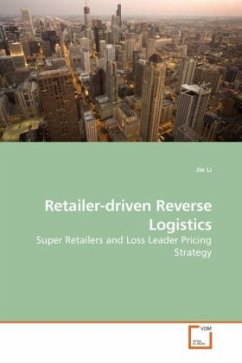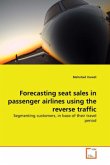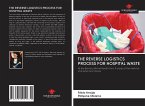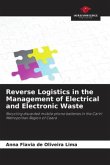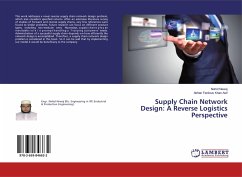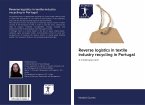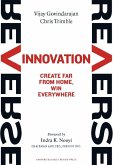This book describes a closed-loop supply chain (CLSC) model with used product collecting and remanufacturing, or in other words, a reverse logistics model. The key feature of this book is that the CLSC model is retailer-driven while traditional CLSC models have been manufacturer- driven. This book is motivated by the emergence of super retailers such as Wal-Mart in recent years. These super retailers have tremendous pricing and supply chain power over other parties in the supply chain. This book shows that a loss leader pricing strategy is the optimal strategy for the super retailer, that is, the super retailer intentionally loses money for each used product returned in the reverse supply chain flow so as to make the maximum total profit considering both forward and reverse flows. This book also illustrates various ramifications of the retailer-driven model with respect to coordination mechanisms, policy implications, and third-party logistics. People who are in the supply chain management area, particularly in the reverse logistics area, will find this book enlightening and interesting.
Bitte wählen Sie Ihr Anliegen aus.
Rechnungen
Retourenschein anfordern
Bestellstatus
Storno

